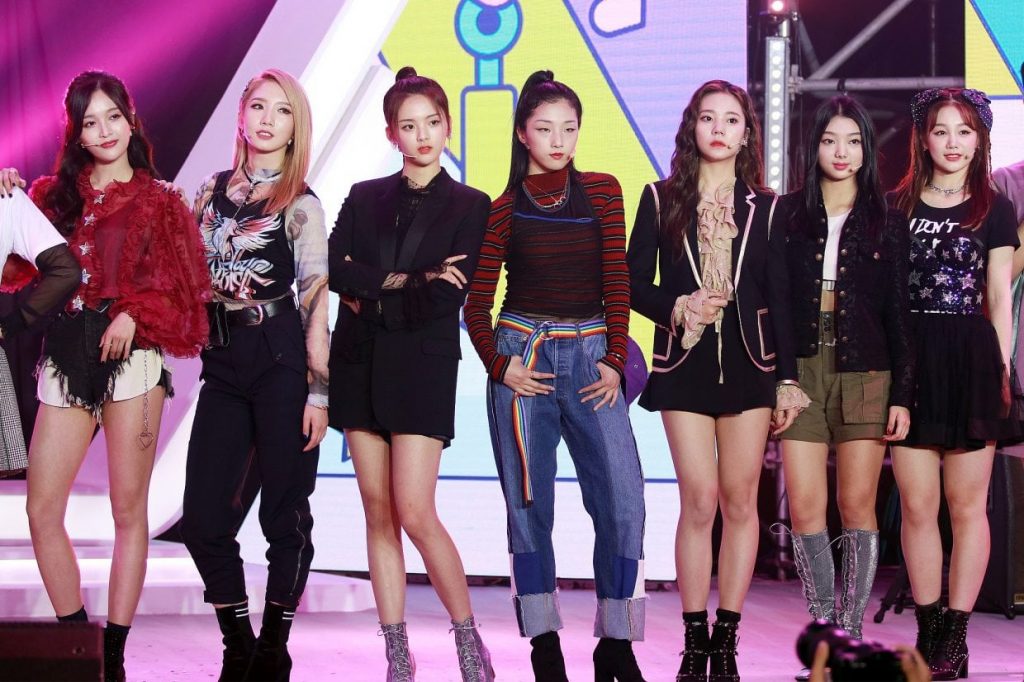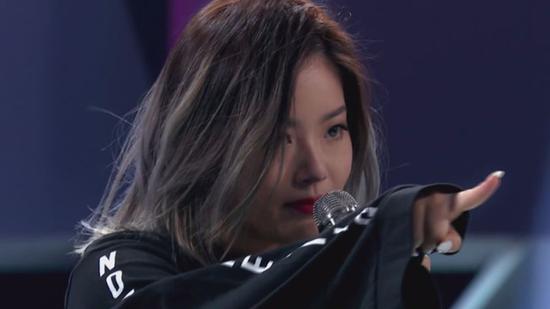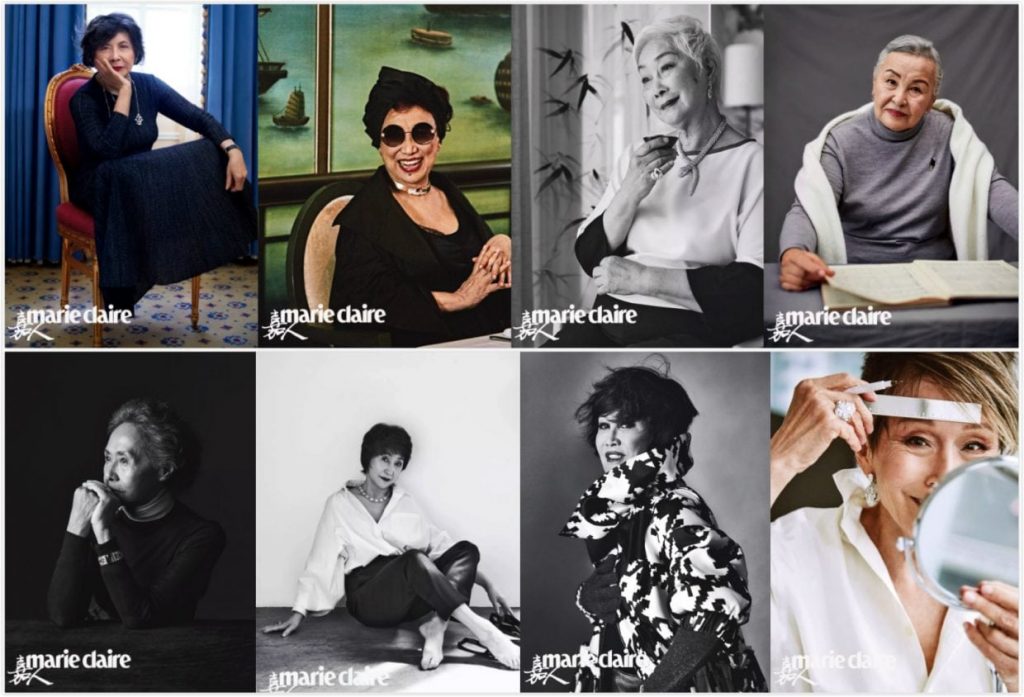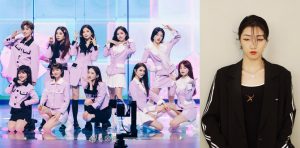In contemporary China, sassy idols like singer Wang Ju – also referred to as “the Chinese Beyonce” – are garnering attention for embodying the rise of female empowerment.

For foreign brands, this change in cultural attitudes poses a new marketing opportunity. By looking deeper into the case study of reality talent show “Producer 101,” brands can envision a wider than expected scope of modern influencers that China’s young females are drawn to, and consider strategic takeaways for effective brand endorsements.
“Producer 101” is a talent show that seeks to form China’s latest hit girl group. By narrowing 101 contestants down to 11 finalists, the band Rocket Girls 101 was born. The show generated massive viewing figures, with over 4.8 billion views across ten episodes. The final episode, broadcast on June 23, was watched live by 650,000 people, and was played over 200 million times the following day.
Global luxury companies have been fast to leverage the show’s success. Chanel, Lancôme and social e-commerce app Xiaohongshu (RED) were some of the brands to shoot dedicated videos and advertisements on the topic of the show.
Maxime Scheyen, International Director for Yves Saint Laurent (YSL) fragrances, told Jing Daily, “We have been collaborating with Huang Zitao [the host of 101] and shot a capsule advertisement with him for YSL Mon Paris. The video suggests Tao inviting a girl on a trip to Paris – but we never see who the girl is.” This advertisement generated a tremendous amount of engagement online and was featured in the finale episode of 101.
Two of the show’s most popular contestants, Wang Ju and Yang Chaoyue, were highly discussed on social media – despite seeming poles apart in personality and style.
26-year-old Wang Ju embodies a feminist, independent figure. Appearing fierce and self-confident, Weibo fans commended Ju for “taking control of her life.” 19-year-old Yang Chaoyue, on the other hand, embodies a more traditional female role in China, depending on others for help and guidance, a subordinate personality who is regularly seen crying.
Over the course of the show, Wang Ju’s spunky, modern attitude and confident persona received extensive media attention. According to The Guardian, Wang has developed a cult following of fans who find her relatable and an inspiration, despite being considered “too short” and “too heavy” by China’s exacting beauty standards. But at the end, Yang Chaoyue ranked N°3 with 138.5 million votes, despite her obvious weaker skills while Wang Ju went from N°2 to N°15, with “only” 63 million votes.
Takeaways for brands:
1. There is no one-size-fits-all female brand ambassador
As “Producer 101” has shown, in China’s evolving feminist culture, a variety of different women are now being idolized by young consumers. Yang Chaoyue mentioned on Weibo as the “beautiful countryside flower,” seems to owe much of her final rank to her shy and sincere demeanors. Her weaker abilities have been compensated by the demonstration of sheer efforts. On the reverse hand, Meng Meiqi (孟美岐) – who was voted N°1- was nicknamed “big brother” due to her leadership and direct delivery. Other contestants like Yamy – the rapper, Sunny – the tomboy or Wu Xuanyi (吴宣仪) – the princess also illustrates how the line between femininity and masculinity is blurring. All of these types of influencers have their place in China’s booming world of celebrity endorsements, but choosing the right celebrity for each brand is more crucial than ever.
2. Brands should use a diverse set of women to win over the most consumers
For luxury brands, the more diverse their choice of female ambassadors, the bigger reach the label is likely to have among China’s young female consumers. Tencent recently formed an endorsement collaboration with Rocket Girls 101. The tech-giant released videos depicting stereotypical situations for young girls to relate to: parents not understanding their passion, eating instant noodles while trying to lose weight, bullying at school and first relationship breakups. Each short video featured quotes from classic movies and demonstrated the difference in the girls’ personalities.
3. Strike the right balance between empowerment and vulnerability
Yang Chaoyue’s popularity was in part due to her open vulnerability coupled with sheer ambition, which made her appear honest and human. Conversely, Wang Ju’s more self-assured persona can appear more polarizing for some. For brands striking the balance between vulnerability and confidence is essential, to remain relatable to a large audience. As Gaby, 24, testifies “When I use cosmetics a part of me wants to attract boys, and they tend to prefer weak and cute girls, so I don’t want to appear that powerful, even if I want to be powerful…”
4. Monitor emerging trends and cultural attitudes
In Western cultures, some may take for granted that gender equality is only a matter of time. Through movements like #metoo and attempts to reduce the gender pay gap, many hope that new thought patterns will gradually replace the more traditional ones.
In China, these changing attitudes are now emerging. However, by looking at how the young generations responded to both Wang Ju and Yang Chaoyue, even if there are groups of women now yearning for independence, the support of traditional gender norms still very much exists in the country.
For brands looking to enter China, it is of equal importance to both monitor new social attitudes, and be informed by traditional cultural ideals of the past.
Dao Nguyen is the founder of Essenzia. She is a strategic marketing agency specialized in fragrance and cosmetics, helping brands understand young Chinese mindsets and acquire targeted growth. Ethnographic, sensorial and linguistics decryption/ creative strategy.
–This article originally appeared on Jing Daily.









